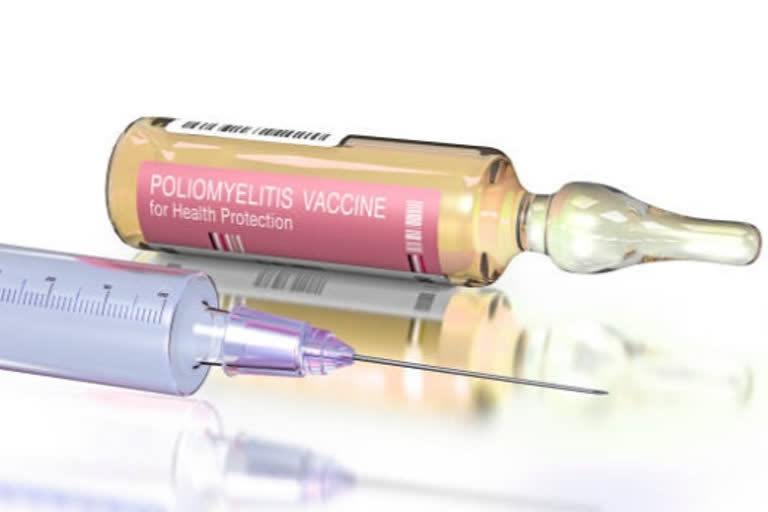Hyderabad: Contrary to claims by T Jacob John and Dhanya Dharmapalan, research demonstrates that poliovirus transmission predominantly follows the oral-faecal route, particularly in areas with poor sanitation, as is the case in many polio-affected countries. Either way, a full course of Oral Polio Vaccine (OPV) is proven to effectively protect children from the virus.
Transitioning to exclusive use of Inactivated Polio Vaccine (IPV) in settings with active transmission is not feasible given epidemiological and operational realities. While IPV provides strong individual protection, OPV can stop person-to-person transmission and is easier to administer in hard-to-access areas. These unique benefits outweigh the extremely rare chance of variant polioviruses. Thanks to OPV, the number of polio cases worldwide has been reduced by more than 99% since 1988—we cannot finish the job without it.
After achieving global eradication, use of OPV for routine immunisation will be stopped—a process that continues to be guided by independent global expert groups, including the Strategic Advisory Group of Experts on Immunization and the Global Commission for the Certification of Eradication of Poliomyelitis.
While previous deadlines have come and gone, the Global Polio Eradication Initiative's 2022–2026 strategy has sharpened its approach to overcoming the remaining hurdles to eradication in the highest risk communities around the world. It is imperative that the programme receives the political and financial support it urgently needs to ensure that no child is ever again paralysed by this preventable disease.



